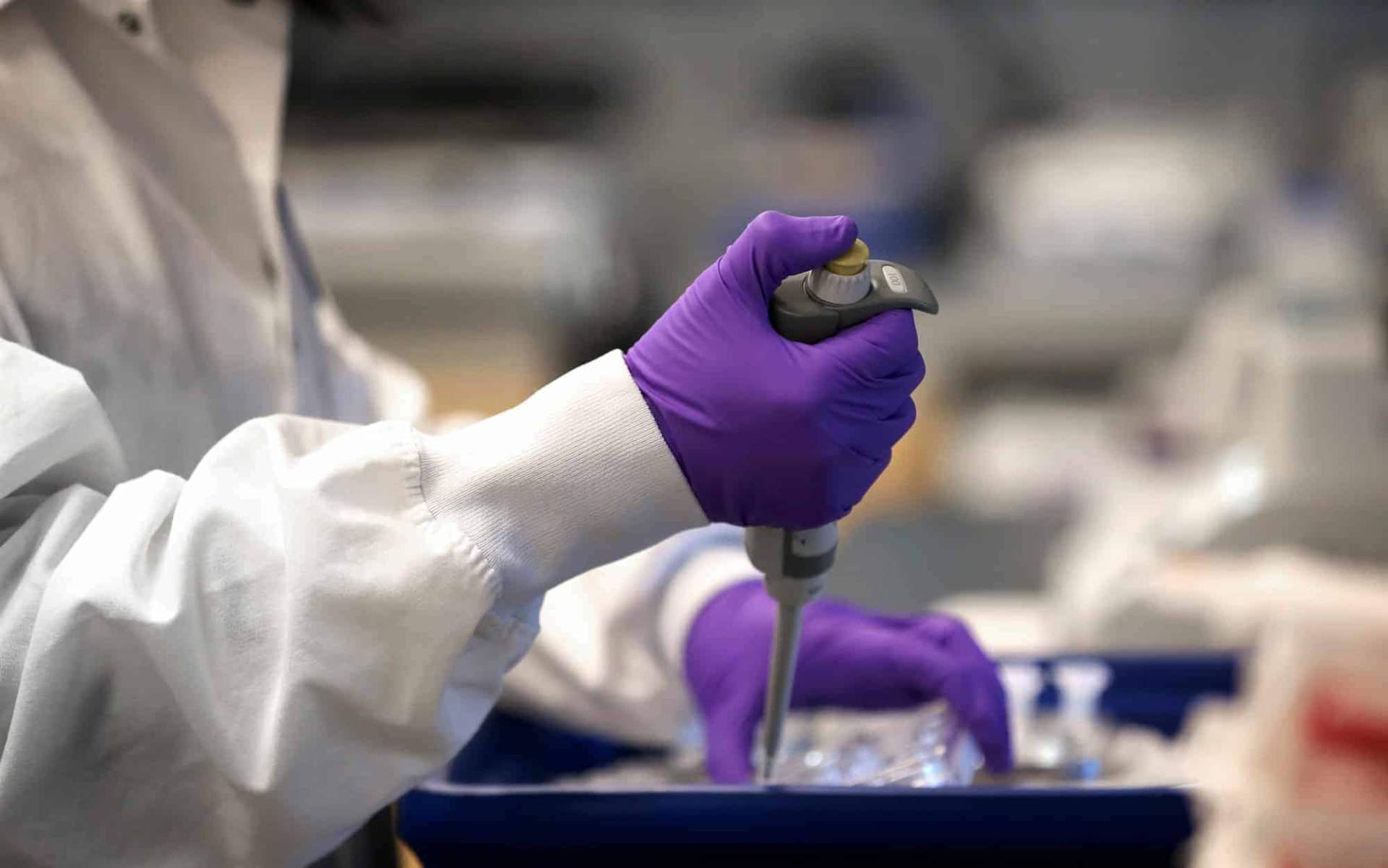Russia is attempting to steal coronavirus vaccine research, U.S., U.K. and Canada claim

Hackers from Russia's intelligence services are attempting to steal coronavirus vaccine research from the United States, Canada and the United Kingdom, officials said Thursday.
The attacks have been carried out by a group called "APT29, also known as "the Dukes" or "Cozy Bear," which has been been using malware to target various organizations involved in the industry, American, Canadian and British intelligence agencies said in a joint statement.
"It is completely unacceptable that the Russian intelligence services are targeting those working to combat the coronavirus pandemic," British Foreign Secretary Dominic Raab said in a statement. "While others pursue their selfish interests with reckless behavior, the U.K. and its allies are getting on with the hard work of finding a vaccine and protecting global health."
As it has done with all hacking allegations in recent years, Russia denied it was behind the attack.
"We do not have information on who might have hacked into pharmaceutical companies and research centers," Kremlin spokesman Kremlin spokesman Dmitry Peskov told Russia's TASS news agency. "We can only say one thing: Russia has nothing to do with these attempts. We do not accept these accusations, as well as the usual accusations of interference in the 2019 election."
The group blamed for the hacking attacks is well known in cybersecurity circles. U.S. intelligence services said APT29, also known as Cosy Bear, has been responsible for a slew of attacks against governments and other organizations in recent years.
The group is "almost certainly part of the Russian intelligence services," according to the joint statement by the United Kingdom's National Cyber Security Centre, the U.S. National Security Agency and Canada's Communications Security Establishment.
Throughout this year the group targeted government and diplomatic targets, think-tanks and organizations related to energy, the statement said, adding that some these were targets selected "likely with the intention of stealing information and intellectual property relating to the development and testing of COVID-19 vaccines."
Canada's CSE said in a statement that the Russian hacks would "hinder response efforts at a time when healthcare experts and medical researchers need every available resource to help fight the pandemic."
The issue of Russian interference has loomed over President Donald Trump's time in office, with U.S. intelligence officials finding that the Kremlin worked to boost his candidacy in 2016, something Russia has always denied. This year, intelligence officials say the Russians have been continuing to interfere in American politics through disinformation on social media and other means.
Earlier on Thursday, Raab, the British foreign secretary, had revealed that "Russian actors" attempted to interfere with the U.K.'s nationwide election last year.
He did not identify these hackers but said in a written statement to Parliament they had attempted to amplify leaked government documents related to trade negations between the U.K. and the United States.
These documents were first publicized during a press conference by Jeremy Corbyn, then leader of the opposition Labour Party, who claimed they showed Prime Minister Boris Johnson was prepared to sell out the country's publicly funded National Health Service for a trade deal with President Donald Trump.
The website Reddit then launched an investigation after finding the same 451-page dossier had been posted to its site as "part of a campaign that has been reported as originating from Russia."
Photo: A scientist works in the Moderna lab in Cambridge, Mass, in Feburary.David L. Ryan / Boston Globe via Getty Images file




